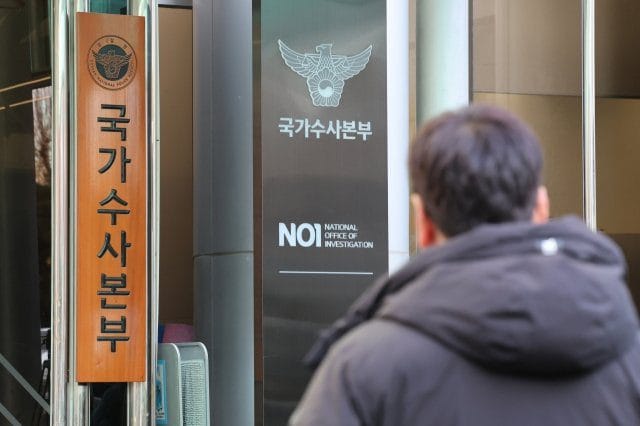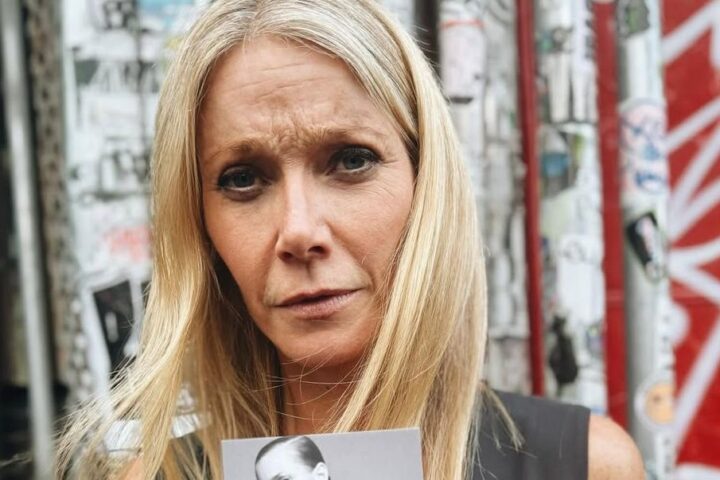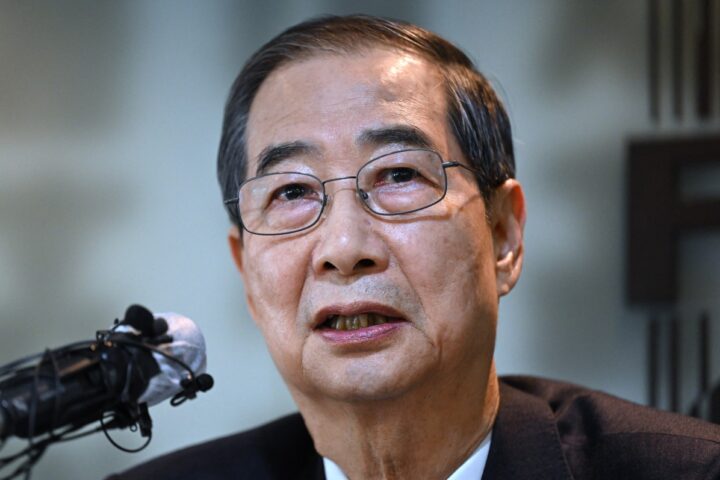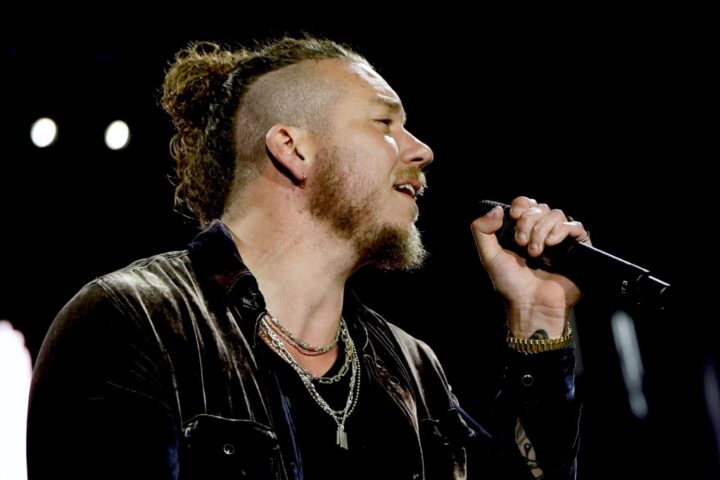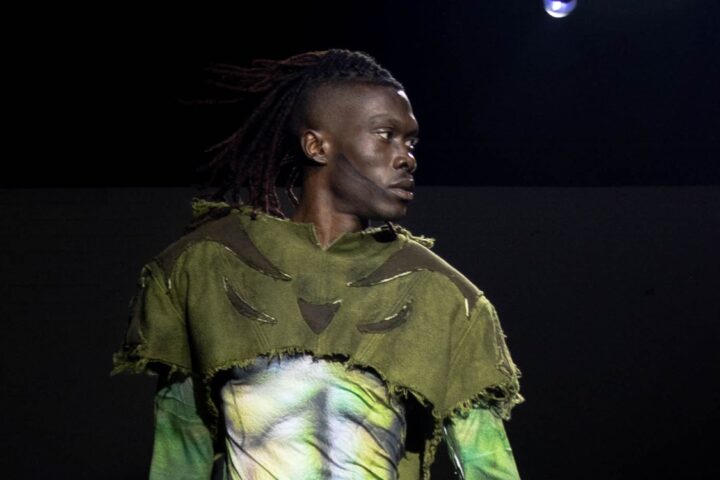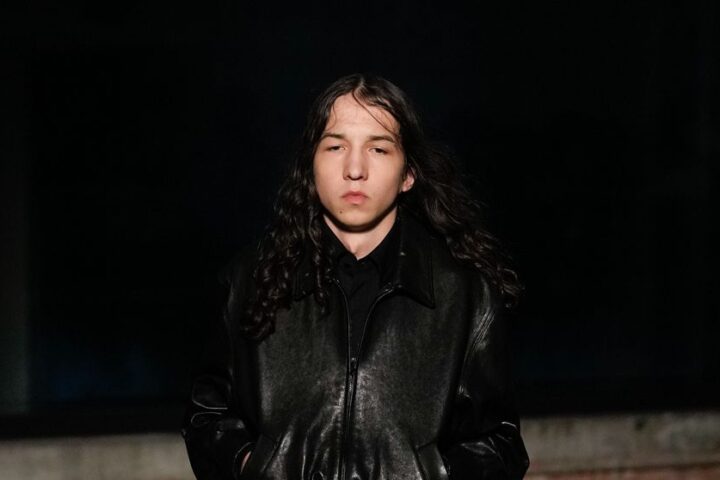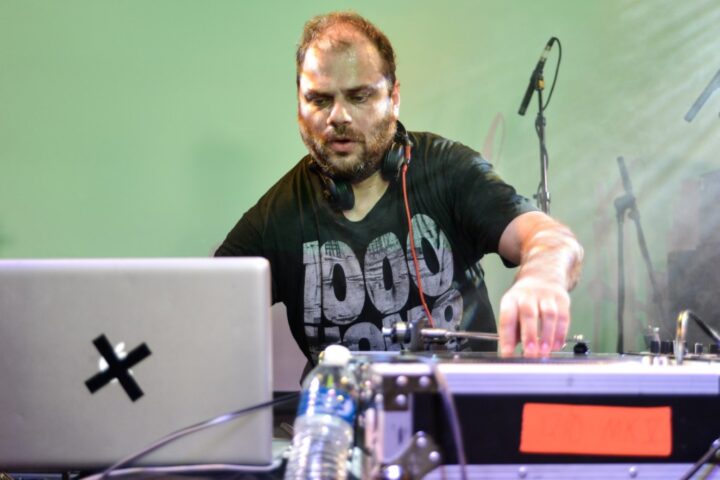December 10, 2024
Seoul – An investigation into President Yoon Seok-yeol’s controversial Dec. 3 martial law order has turned into a judicial tug-of-war between South Korea’s prosecutors, police and anti-corruption agencies, raising concerns about the clarity and efficiency of the investigation.
At the center of the dispute is the Office for the Investigation of Corruption of Senior Officials, which has rejected requests from the prosecutor's office to hand over all cases related to the martial law declaration. Instead, the Information Chief requested prosecutors to hand over the overlapping cases to the Information Chief, citing the legal authority of the Office for the Investigation of Senior Officials' Corruption Act.
“The prosecutor's request was to transfer the case, not to investigate it together,” an official with the chief investigator said. “On the contrary, in this case the CIO can request a transfer, so we communicated with the prosecutor's office in this direction.”
However, prosecutors insist they have proposed a joint investigation with the Information Chief, which he disputes. The two agencies remain at an impasse, with prosecutors and police reportedly reviewing the legal basis for the CIO's transfer request.
Meanwhile, prosecutors investigating the December 3 emergency martial law situation launched a criminal investigation of force against the Defense Counterintelligence Command and other personnel on Monday.
The Special Investigation Team of the Prosecutor's Office, which is responsible for investigating President Yun's brief martial law order, announced that it has conducted raids on the Defense Counterintelligence Command since Monday morning in a joint investigation with military prosecutors.
More than 50 military prosecutors and investigators are obtaining martial law-related information from counterintelligence-related offices. The search warrant is issued by the military prosecutor of the court martial.
The prosecutor's task force also called former Army Special Operations Commander Kwak Jong-geun as a witness on rebellion charges against former Defense Minister Kim Yong-hyun.
Guo has come under scrutiny for deploying troops to Congress during martial law incidents. He claimed that former minister Kim ordered the lawmakers to be expelled from the chamber, an order that Guo claimed he rejected as illegal.
Prosecutors and police also imposed a travel ban on former Administration and Security Minister Lee Sang-min.
The National Police Agency's Martial Law Task Force confirmed the emergency measures, and the Prosecutor's Special Investigation Headquarters coordinated the travel ban through the Ministry of Justice.
Lee, a key figure in the case and a former high school junior of South Korean President Yoon Seok-yeol, will now be questioned as a suspect. He is said to have played an important role in the decision to impose martial law, along with former Defense Minister Kim Yong-hyun, who proposed the declaration, and General Yeo In-hyung, the commander of the Counterintelligence Command who implemented the declaration.
South Korea's National Investigation Office has officially named President Yoon Seok-yeol as a suspect in an investigation into the controversial December 3 declaration of martial law. Police are reportedly considering imposing a travel ban on the president as part of the ongoing investigation.
At a news conference on Monday, an official said the travel ban was “under review.” “We are taking into account factors such as the possibility of overseas travel and will make decisions accordingly.”
The police also emphasized that the investigation of the rebellion fell entirely within their jurisdiction. The National Police Agency has formed a special team to investigate the allegations against President Yoon and senior officials, including former Defense Minister Kim Yong-hyun and South Korea's National Police Chief Cho Ji-ho.
Observers have warned that a jurisdictional battle between agencies could complicate the investigation into Yin and his associates, who face charges ranging from insurrection to abuse of power. Overlapping investigations can lead to duplication of effort and slow down the fact-finding process, especially where each agency is vying for dominance.
Legal experts say the information chief's invocation of his statutory powers to request the transfer of cases could exacerbate tensions between agencies. Under the CIO Act, investigative agencies must comply with referral requests if the CIO asserts jurisdiction, but the law's implementation is often controversial.
